Many photographers put away their cameras until spring because winter brings out the toughest elements. But, by shelving your camera and taking it easy you are losing out on the rare beauty that this wonderful season provides. You avoid the cold, but you also miss out on creating some wonderful images.
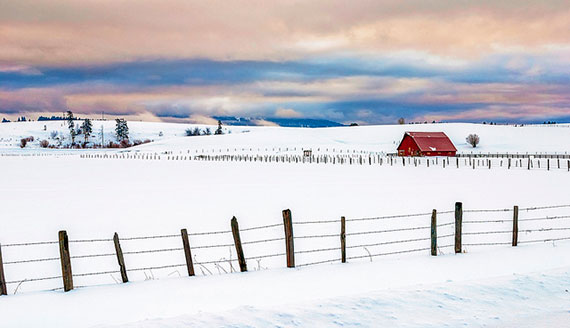
Photo by Charles Knowles; ISO 100, f/13.0, 1/8-second exposure.
Here are some tips to make your winter photo sessions more enjoyable:
1. Check on the weather ahead of time and know the forecast.
You don’t want to travel for hours only to find out the weather is terrible for taking pictures or is too wet to be out in. The weather can dramatically change in a matter of hours during the winter months. Also, always let someone know where you are going and which route you’re planning to take in case you get injured, lost, or caught in a storm.
2. Carry only the essentials.
Forget loading your camera bag with every bit of equipment you own. Travel as light as possible if you are going to be outdoors photographing all day long. Traveling light will also help you save your energy. When hiking, climbing, or crossing snow filled hills, a warm thermos and energy producing food will serve you much more than extra camera equipment.
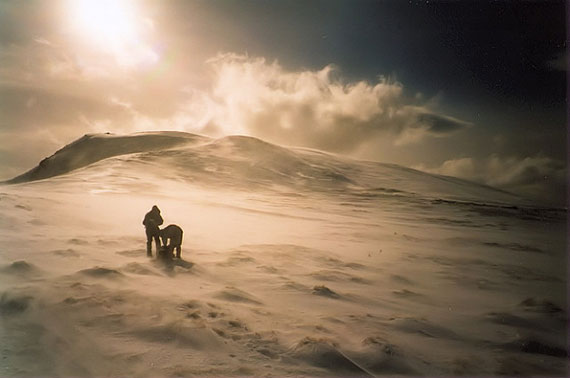
Photo by martin_vmorris
3. Dress for success.
Proper clothing is essential. You need to be warm and comfortable when out in the weather. Winter weather can be brutal, so if you are planning a photography trip, always be prepared.
4. Keep an eye out for details.
Things like snow, icicles, ice covered objects, and frost accentuate texture and atmosphere in your subjects. An early snowy or frosty morning is a great time for macro or close-up photography. These frosty mornings can also reveal patterns in landscapes.
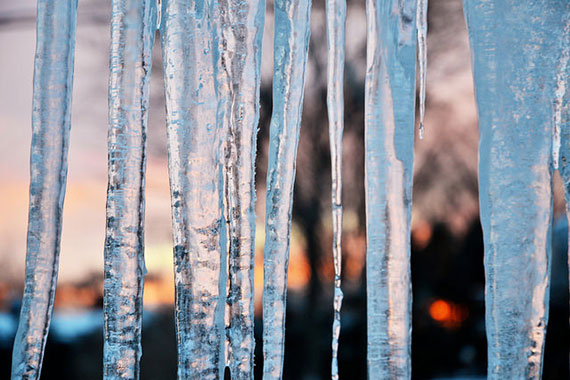
Photo by nick chapman; ISO 200, f/4.5, 1/40-second exposure.
Be sure to watch your camera placement carefully. If you are photographing early in the morning, experiment with photographing at different angles to the sun. This can give your images heavy shadows, adding extra mood to your landscape photographs. Also pay attention to the foreground in your photos, which will add depth to your image.
5. Pay careful attention to your exposure.
Snow and ice can fool your camera’s exposure meter and are more difficult to expose properly than normal scenes. Light readings from snow will often see the scene as an underexposed image. Most cameras or hand-held meters will read the snow as a greytone, so it is a good idea to bracket your exposures. When bracketing exposures add 1 – 2 stops of light to compensate for your light meter reading. Using an 18% grey card should also give you a more accurate light reading.
Using these tips should help to make your photo trip a more enjoyable and worthwhile experience.
About the Author:
Corky Carson is a working Certified Professional Photographer and the owner and publisher of Pro Photography School.
Like This Article?
Don't Miss The Next One!
Join over 100,000 photographers of all experience levels who receive our free photography tips and articles to stay current:

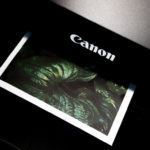
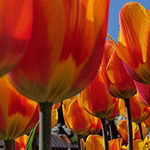

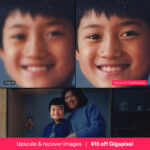
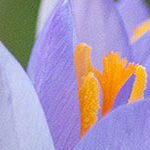
Leave a Reply